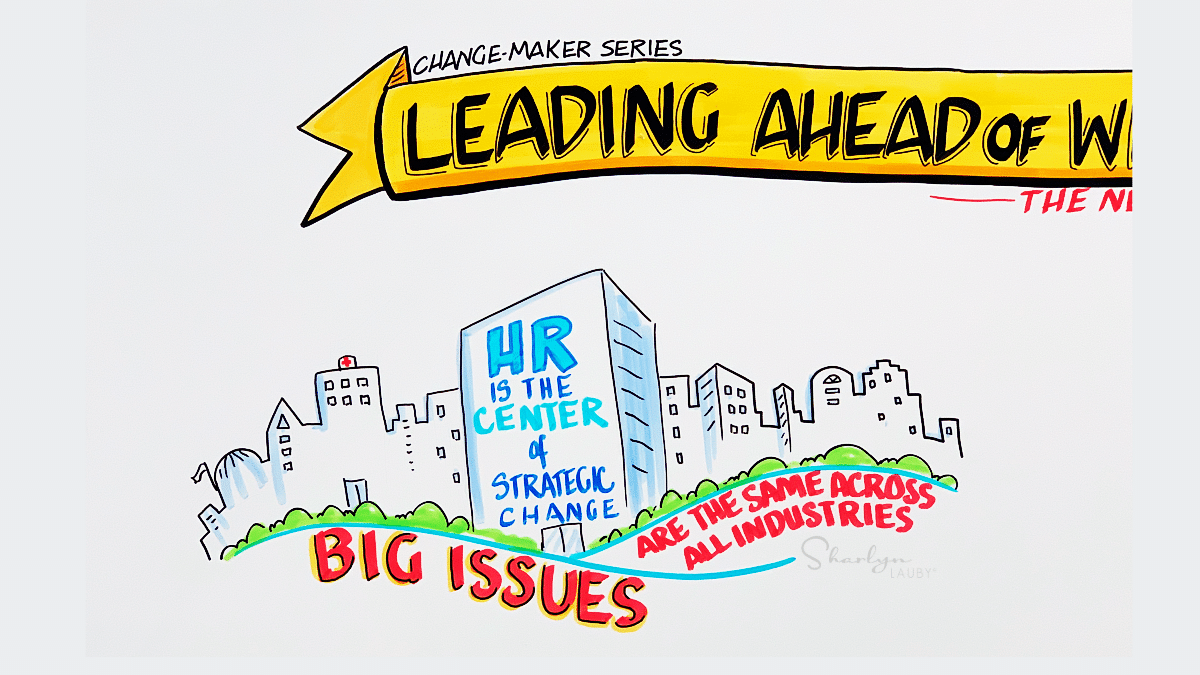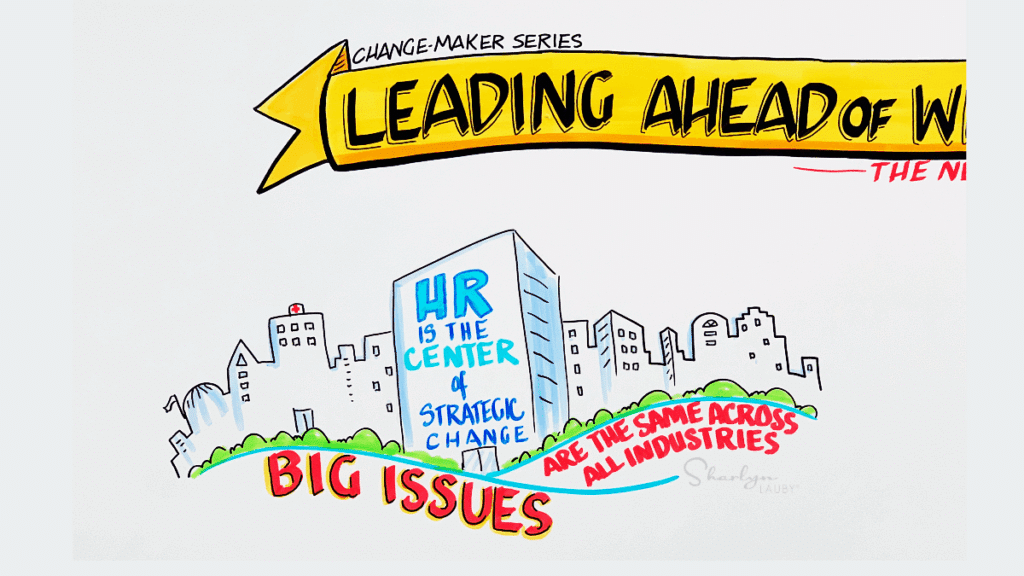Estimated reading time: 3 minutes
I’ve noticed some chatter on LinkedIn lately about human resources and the organizational chart. Specifically, whether HR should report to the CEO or CFO. Most of the conversation was focused on how HR should never report to the CFO.
I get it. The CFO is focused on money, as they should be. And if HR reports to the CFO, it might send the message that HR isn’t focused on employees and engagement … they’re focused on money. We do need to keep in mind that HR does have more than a little obligation to be fiscally conscious. By contrast, if HR reports to the CEO, it sends the message that HR is more balanced.
I’ve reported to both CEOs and CFOs in my career. In my first HR job, HR reported to the CFO. While he was focused on the money, he was also focused on people. Because he understood that it takes people to make money. I’ve also worked for CEOs that were not balanced and totally focused on making the numbers to the exclusion of employee needs. In my experience, it wasn’t about the job title that HR reported to. It was about the person and their philosophies about employee recruiting, engagement, and retention.
This scenario is also true for other departments, like technology. In some organizations, IT reports to the CFO and in others they are a stand-alone department. Bottom-line: the reporting structure of the company says a lot about organizational priorities.
That being said, HR (or any other department) can’t bounce around on the organizational chart based on who holds the role of CEO or CFO. It does mean that the individuals in the department need to evaluate if they can be in alignment with the organization based on where they fall on the organizational chart. I realize this will be a controversial opinion, but it’s possible that HR reporting to the right CFO could be a good thing for HR and the workforce. On the other hand, reporting to the wrong CEO could result in all the wrong things.
This should not be a surprise to anyone.
While HR might not have complete control over where they report on the organizational chart, they do have some control over things like:
- Setting HR goals that align with organizational strategy
- Tracking metrics and analytics to identify and solve talent related problems
- Monitoring expenditures and looking for low-cost ways to have a big impact
You see my point. Regardless of where HR is on the organizational chart, HR departments have the opportunity to track the numbers, follow good business decisions, and make an impact. The question becomes, what is HR doing to ensure they are knowledgeable and capable of talking the same language as the CEO and CFO?
Image captured by Sharlyn Lauby while exploring the streets of Las Vegas, NV
The post Human Resources: Where Should it Report on the Organizational Chart appeared first on hr bartender.























